Financial Preparedness Before A Hurricane Strikes
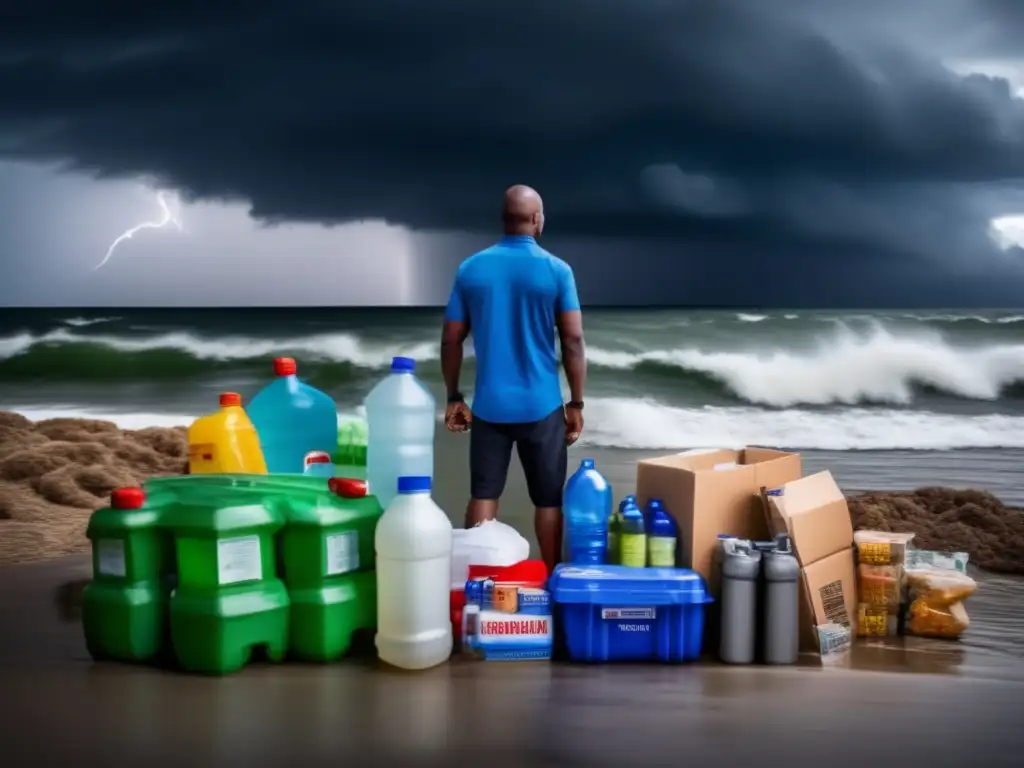
Financial Preparedness Before a Hurricane Strikes
Introduction
When it comes to hurricanes, being financially prepared is just as important as physical preparation. Financial planning can be overwhelming, but having an emergency fund and understanding your insurance policies can help ease the financial burden that comes with hurricane damage.
Creating an Emergency Fund

What is an Emergency Fund?
An emergency fund is a savings account that is set aside for unexpected expenses, such as medical bills, car repairs, or, in this case, hurricane damage. Having this fund can provide a financial safety net during an already stressful time and may help avoid unnecessary debt.
How Much Should You Save?
It is recommended to have at least three to six months’ worth of living expenses saved in your emergency fund. However, for those living in hurricane-prone areas, experts suggest having an emergency fund that covers at least six to twelve months of expenses. Keep in mind that the cost of repairing hurricane damage can add up quickly, so it’s better to be over-prepared than under-prepared.
Where to Keep Your Emergency Fund?
The best place to keep your emergency fund is in a separate savings account that is easily accessible but not too easy to spend frivolously. Consider placing your emergency fund in a high-yield savings account, which offers higher interest rates while still allowing withdrawals without penalties. Avoid investing your emergency fund in anything that carries risk, such as stocks or real estate.
Understanding Your Insurance Policies
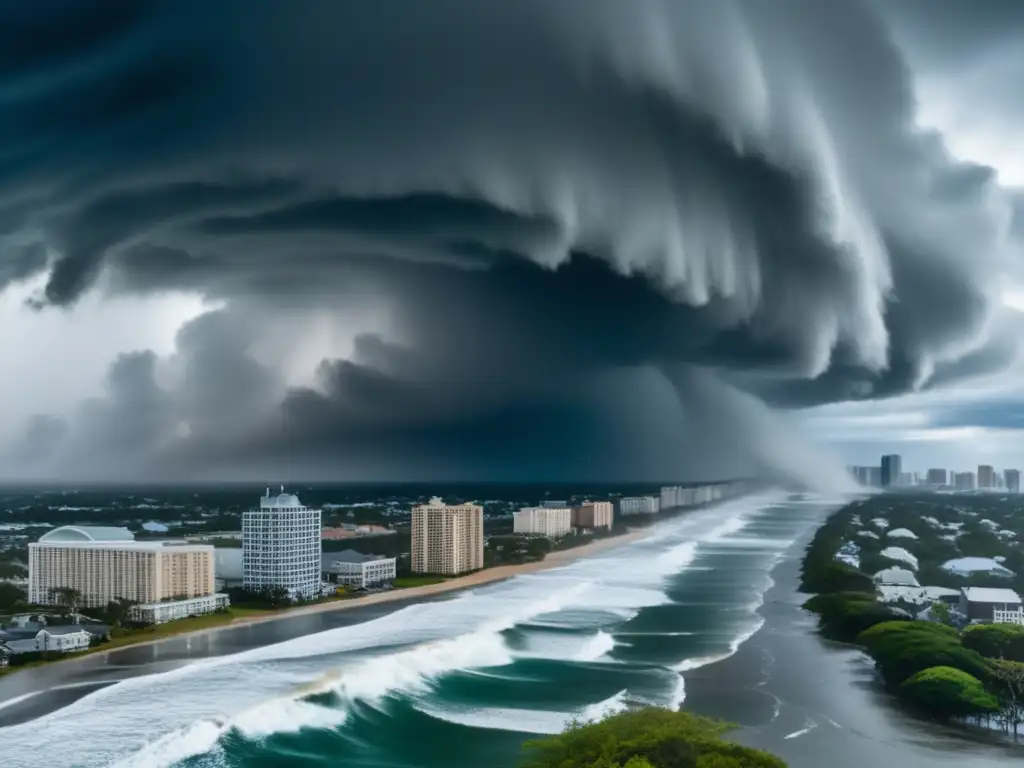
Homeowners Insurance
Standard homeowners insurance policies usually cover hurricane damage, although there may be limitations and exclusions. Review your policy to determine what is covered and what is excluded, especially with regards to flooding, which is typically not covered by standard homeowners insurance. Consider purchasing flood insurance separately to ensure proper coverage.
Auto Insurance
If your car is damaged during a hurricane, your auto insurance policy may cover it. However, this coverage will vary depending on the type of policy you have. Review your policy and contact your insurance company for more information.
Renter’s Insurance
If you are a renter, it’s important to understand that your landlord’s insurance policy will not cover your belongings in the event of hurricane damage. Renters insurance can provide coverage for personal belongings, including furniture and electronics, in addition to covering living expenses if you are unable to stay in your rental after a hurricane.
Additional Financial Planning
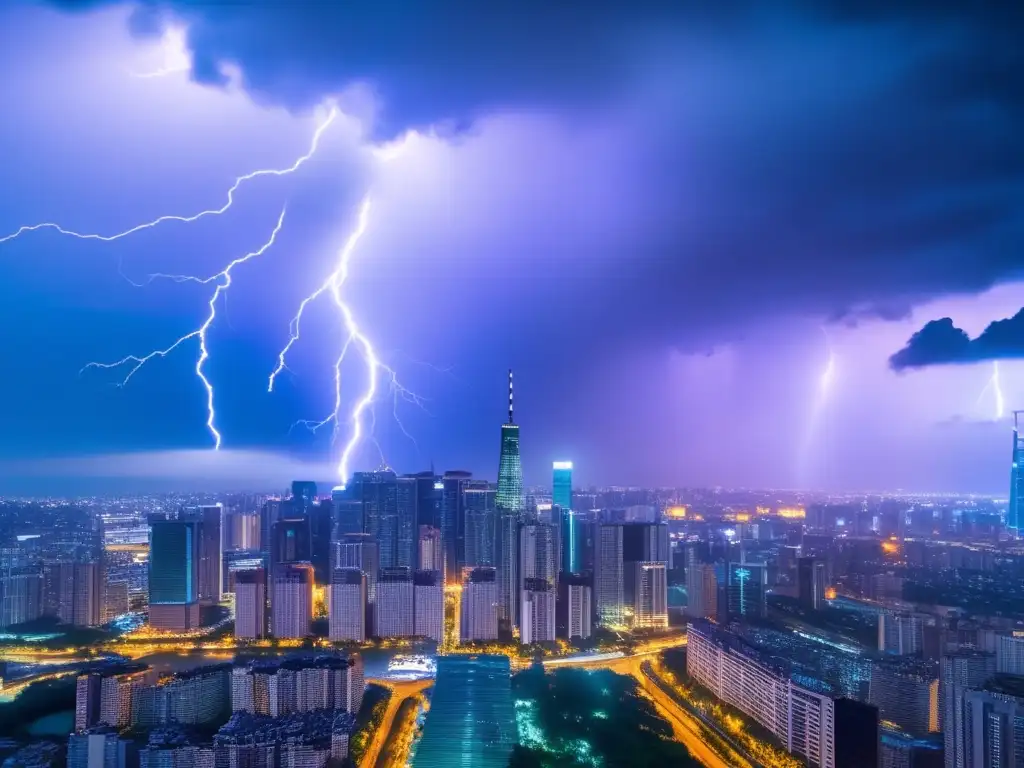
Document Your Belongings
Creating an inventory of your belongings can help speed up the claims process and ensure that you are adequately compensated for any damage. Take photos or videos of your belongings and store them in a safe place, such as a cloud-based service or an external hard drive.
Establish a Communication Plan
In the event of a hurricane, it can be difficult to communicate with loved ones and financial institutions. Establish a communication plan beforehand, and ensure that everyone knows the plan. It’s also important to keep important financial documents, such as insurance policies, in a safe place.
Create a Budget for Hurricane Season
Creating a budget for hurricane season can help identify areas where you can cut back, leaving more money for emergency expenses. Consider ways to reduce spending, such as canceling subscriptions or finding ways to reduce utility bills, and allocate the savings to your emergency fund.
Frequently Asked Questions

-
Does standard homeowners insurance cover flooding?
No, standard homeowners insurance policies typically do not cover flooding. Consider purchasing separate flood insurance for proper coverage.
-
Does auto insurance cover hurricane damage?
Your auto insurance policy may cover hurricane damage, but this will vary depending on the type of policy you have. Review your policy and contact your insurance company for more information.
-
If I am a renter, will my landlord’s insurance policy cover hurricane damage to my belongings?
No, your landlord’s insurance policy will not cover damage to your personal belongings. Consider purchasing renters insurance for coverage.
-
How much should I save in my emergency fund for hurricane-related expenses?
Experts suggest having an emergency fund that covers at least six to twelve months of expenses for those living in hurricane-prone areas.
-
What is an inventory of belongings, and why is it important?
An inventory of belongings is a list of all your personal belongings that can help speed up the claims process and ensure proper compensation for any damage. Take photos or videos of your belongings and store them in a safe place.
Conclusion
Preparing financially for a hurricane is just as important as physical preparation. Creating an emergency fund, understanding your insurance policies, and additional financial planning can help ease the financial burden that comes with hurricane damage. Experts recommend having an emergency fund that covers at least six months of expenses for those living in hurricane-prone areas. Review your insurance policies to ensure proper coverage and consider creating a budget for hurricane season to identify areas where you can cut back on spending and allocate the savings to your emergency fund. By following these steps, you can help ensure financial stability during an already stressful time.
It is important to remember that preparation and planning are always key when it comes to hurricanes. Taking financial precautions is just as important as physical ones. Share your thoughts on this article in the comments section and positively engage with HurricaneInsider.org by subscribing or sharing this article on social media to help spread awareness about financial preparedness before a hurricane.
Additional Resources

- Financial Preparedness - Ready.gov
- Hurricane Preparedness Tips - National Association of Insurance Commissioners
- Flood Insurance Study - FEMA
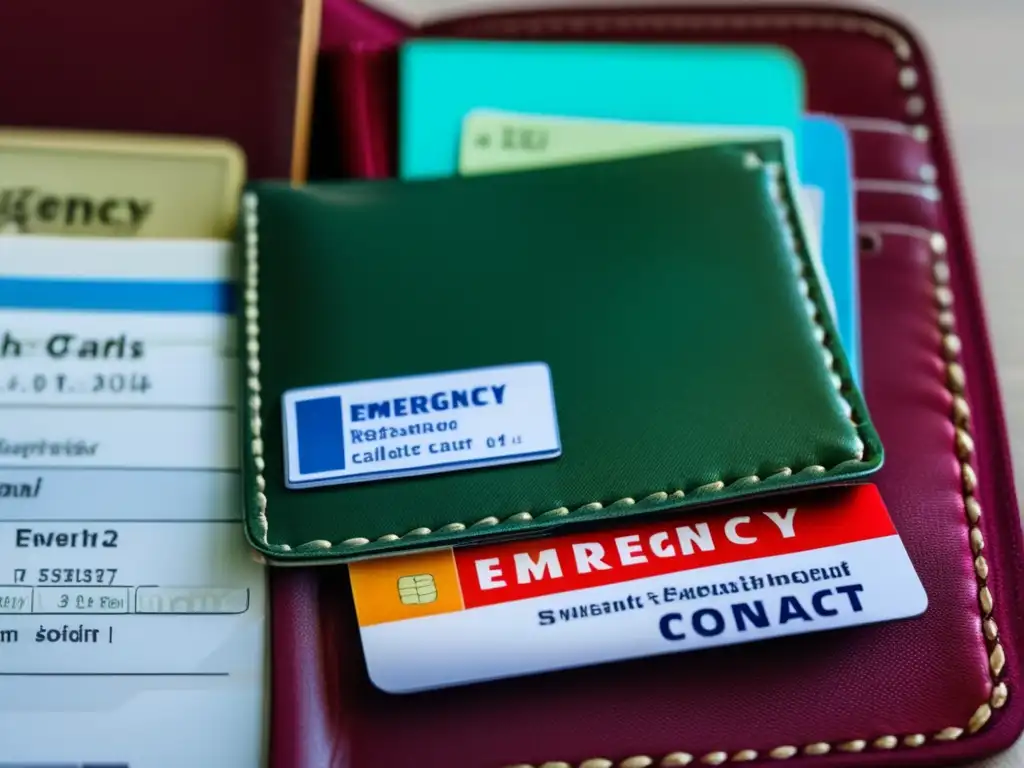 Emergency Contact Cards
Emergency Contact Cards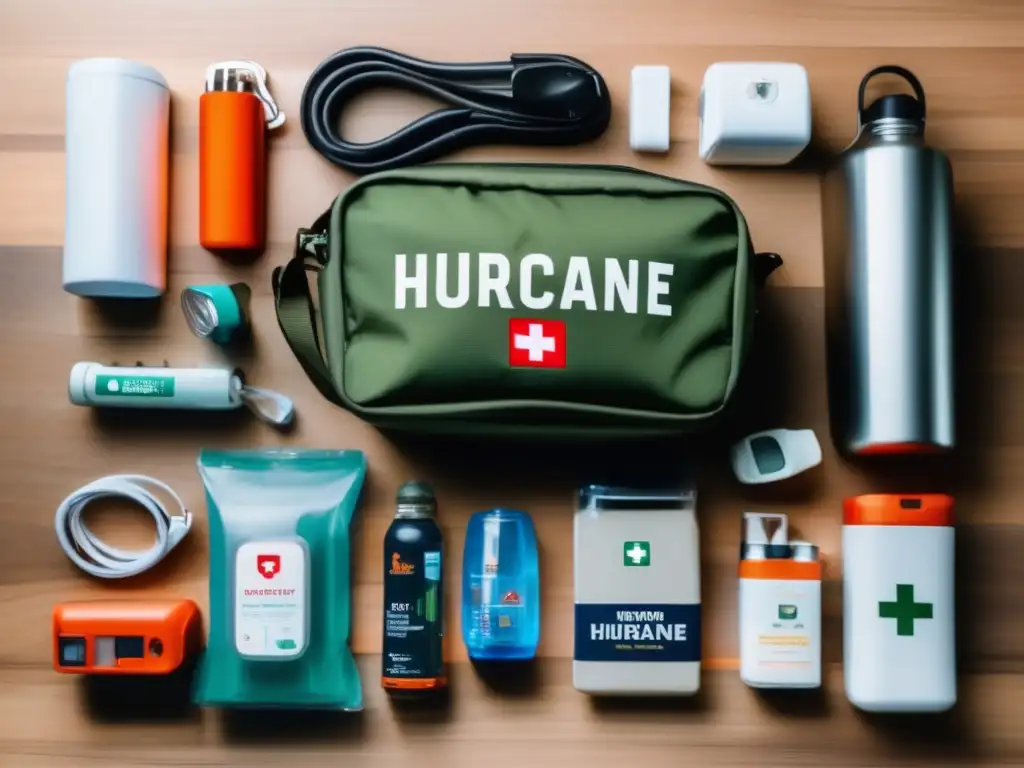 How To Use Social Media Effectively For Hurricane Preparedness
How To Use Social Media Effectively For Hurricane Preparedness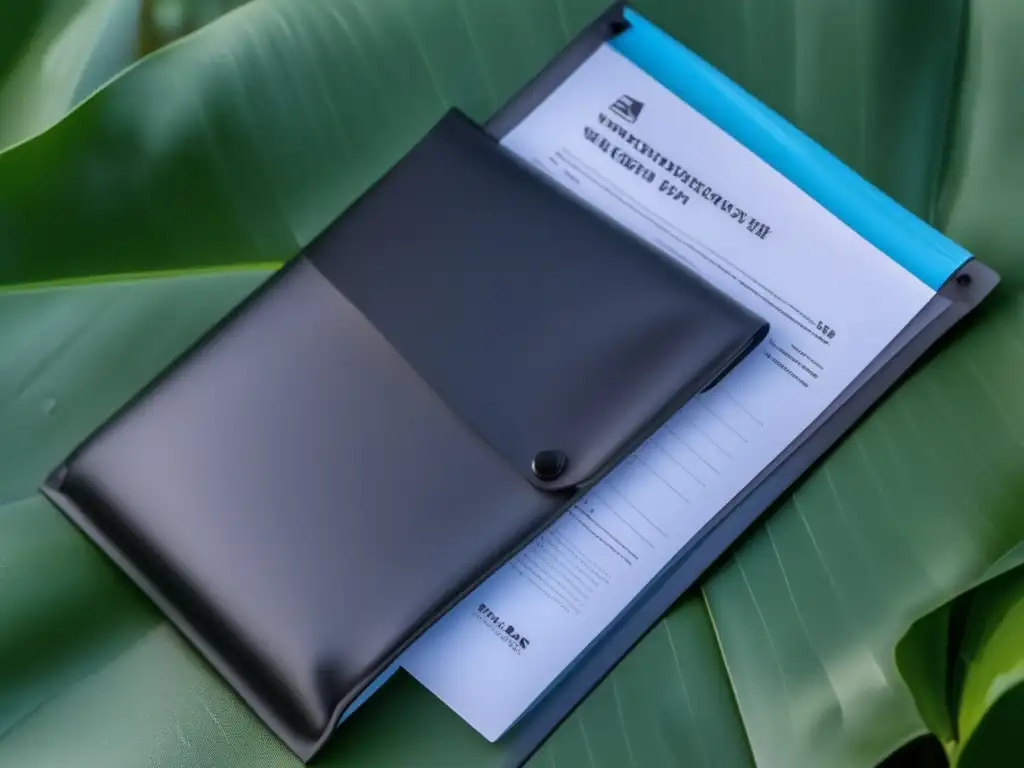 Waterproof Document Holders
Waterproof Document HoldersIf you want to discover more articles similar to Financial Preparedness Before A Hurricane Strikes, you can visit the Hurricane preparedness: category.
Leave a Reply

Articulos relacionados: